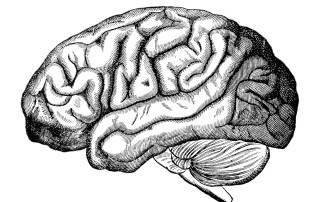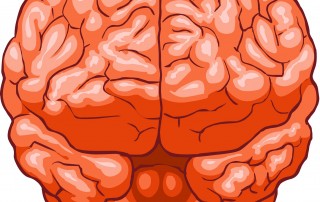One of the most frequently used lines of false consolation that I hear is “you can’t change the past”. Usually this bit of indispensable wisdom is offered as a word of advice when someone is describing the impact of some negative event from their history, something that they wish had never happened and often something that continues to affect them to this day. Of course, this advice and apparent statement of the obvious is rarely helpful, which is not surprising if we look at the gist of this rejoinder. Let’s say you run breathless to the neighbour’s house, pounding on the door. They open the door and ask what’s going on. You tell them that there’s been a terrible accident and you need them to call an ambulance because you think your brother is dead. I don’t think anyone would feel justified or even attempt to rationalize a response such as, “Well, it’s in the past. You can’t change the past. You just have to let it go and get over it.” We would expect that person to offer help, to repair whatever damage had been done, within reason and their capability. Of course we wouldn’t expect them to take […]
Validating Your Brain: The Epic Conclusion
Click here for part 1 and part 2 Up to this point, my last two posts have tried to demonstrate a few key realizations: The brain is working primarily on an unconscious level. Because of this, we are rarely as aware of what we are doing and why as we would like to believe. The brain is well-intentioned and is trying to accomplish its sole purpose, surviving the moment. Because it is focused on surviving the moment, it will make decisions that favour short-term benefits EVERY SINGLE TIME, unless we override it. Because the brain operates primarily on the level of our unconscious, it usually communicates with our conscious brain indirectly. Often, it is trying to get our attention and we are not listening to it, which leads to the perpetuation of problem behaviors, thoughts, and feelings. If we learn to really listen to our brain, it will tell us everything we need to know. The final piece of this trilogy will attempt to focus on the final point I’ve listed above. Specifically, I’m going to be demonstrating how working together with your brain, instead of fighting against it, is the surest way to mental health and a better experience […]
On the Road to Assertiveness
Assertiveness efore addressing how to increase assertiveness, it is helpful to clarify what we are talking about. Assertiveness is the middle ground between aggressiveness (attempting to dominate others) and passiveness (allowing yourself to be dominated). There are three elements of assertiveness. Self-Worth Worth of Others Putting Behavior in Context The first element is to have a healthy sense of self-worth. The degree to which you believe you are worth something is the degree to which you will believe that what you need is important. The second element is recognition of the worth of all people. Not the relative worth, but the fact that each person is worth something, simply because they exist. Worth is not dependent on appearance, behavior, or achievement. It is based simply on one’s existence. I am, therefore, I have worth. The third element of assertiveness is the ability to see behavior in context. If we are able to look past the immediacy of behavior, both the behavior of others and ourselves, we will be able to see the true, intended message of that behavior. We will be able to avoid having messages filtered through the experiences of our lives and those of others. The first two […]







Recent Comments